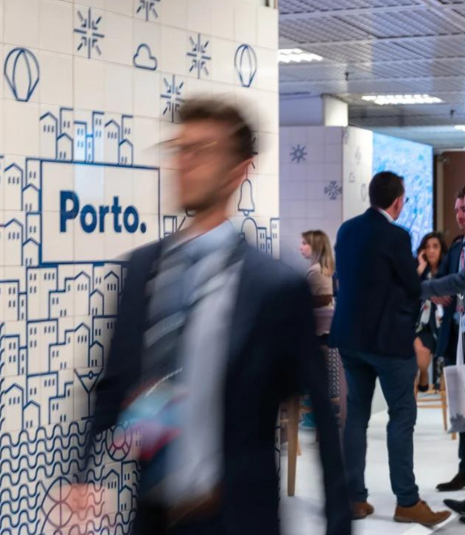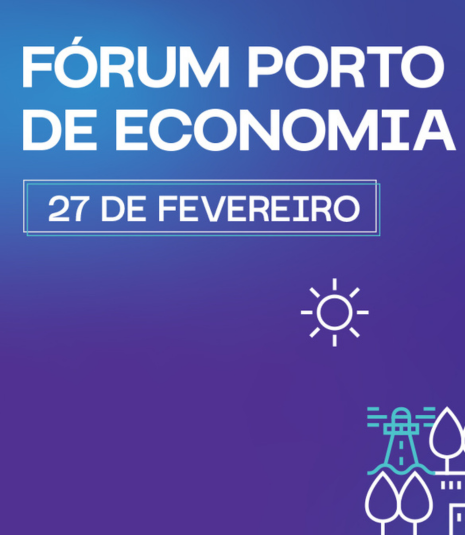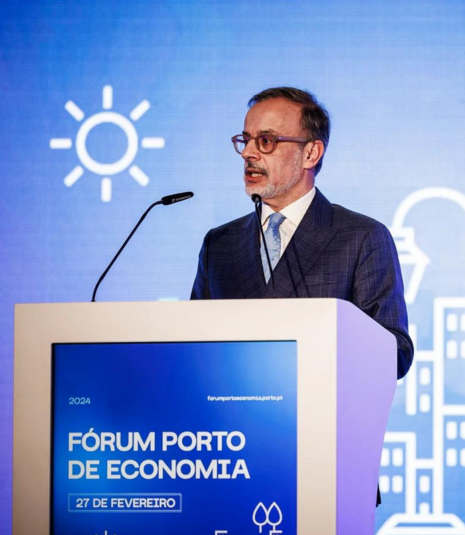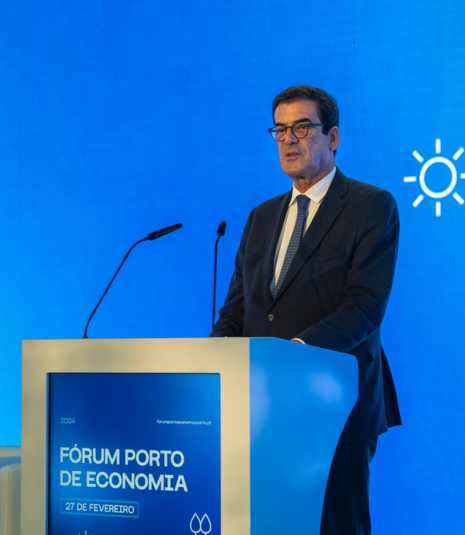Rui Moreira discusses the city’s investment renaissance
In an fDi Intelligence article, the Mayor of Porto highlighted the main factors and guidelines that have allowed the city's transformation into an important investment centre in south-western Europe.
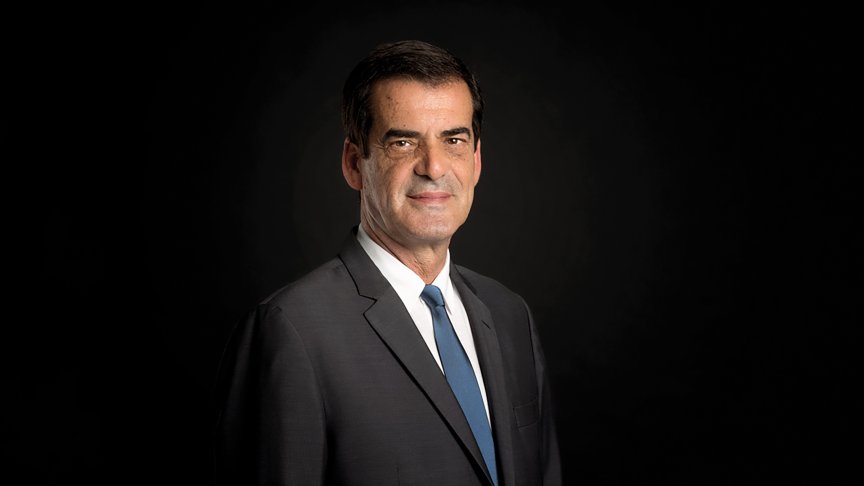
In an article in fDi Intelligence, a bimonthly Financial Times magazine specialising in international investment, the Mayor of Porto highlighted the main factors and guidelines that have enabled the city's transformation into an important investment centre in southwestern Europe.
In an introductory note, the journalist who signs the article describes Porto as an example of economic recovery after the financial crisis that devastated the country in 2010 and highlights the record levels of foreign direct investment (FDI) reached, by 2022, by the city.
Asked what Rui Moreira's vision is for the city as an investment destination, the Mayor of Porto recalled that when he took office in 2013, he outlined two concrete goals: "to make the city livable, as well as making it fun".
"Older people, like my mother, would be more interested in the livability of the city, while my children want its fun side. The same applies to anyone else, including businesses and small and large investors," he said.
Three main strategic pillars
To meet these goals, it was necessary to make the city more attractive at the level of the tax burden that is the direct responsibility of the municipality. "As a local authority, we have control of property tax and we can reduce income and corporate tax rates," he mentioned, stressing the importance and commitment of the Executive he leads in "paying off our debt and keeping good accounts".
In addition to the economic strategy assumed by Rui Moreira, another of the great pillars that leveraged the development and repositioning of Porto at a European and global level was the bet on culture.
"Culture is the main factor for the success of European cities today," says Rui Moreira. "We needed a lively city, where people really want to be, whether as a tourist or as a foreign resident. Culture is what allows a city to merge rich and poor, foreigners and locals. We needed that big investment in culture," the mayor explained.
Job creation was the third major pillar of this vision, however made more difficult in the post-crisis context and a general mood in society that was "very depressed". "We wanted to create quality jobs", far from "the model of the 1960s, when Portugal attracted foreign companies because of cheap labour".
The mayor noted that the country had "a very educated population and a very good technical higher education", "but many engineers ended up leaving the country. The State would pay for their education, and then lose these professionals when they go abroad to work for foreign companies".
So, "how could we convince these companies to hire the same engineers locally? Why do companies choose a city for their operations?", questioned Rui Moreira.
The mayor of Porto then explained that these companies "want a safe environment and Porto is extremely safe" and they also want "a clean environment", an area in which the city council has sought to invest large resources.
"They want a city with good health services, so we facilitate the private sector to join the public sector, to make it even better. And they want international schools, so we have started interacting with educational institutions to offer international curricula, at a local level," Rui Moreira exemplified.
"We want investors that do not impose a strong environmental footprint on the city"
These growth and positioning objectives are, furthermore, integrated into the global environmental development strategy for the city, which aims to achieve carbon neutrality by 2030.
"We want investors that do not impose a strong environmental footprint on the city," stressed the mayor of Porto, explaining that it is with this "in mind" that "every little decision" has to be taken, in order "to ensure that the investment we bring is compatible with this great desire" he concluded.
The work is signed by Jacopo Dettoni, appeared for the first time in the April/May 2023 print edition and was published in an online version on Thursday, April 27.

